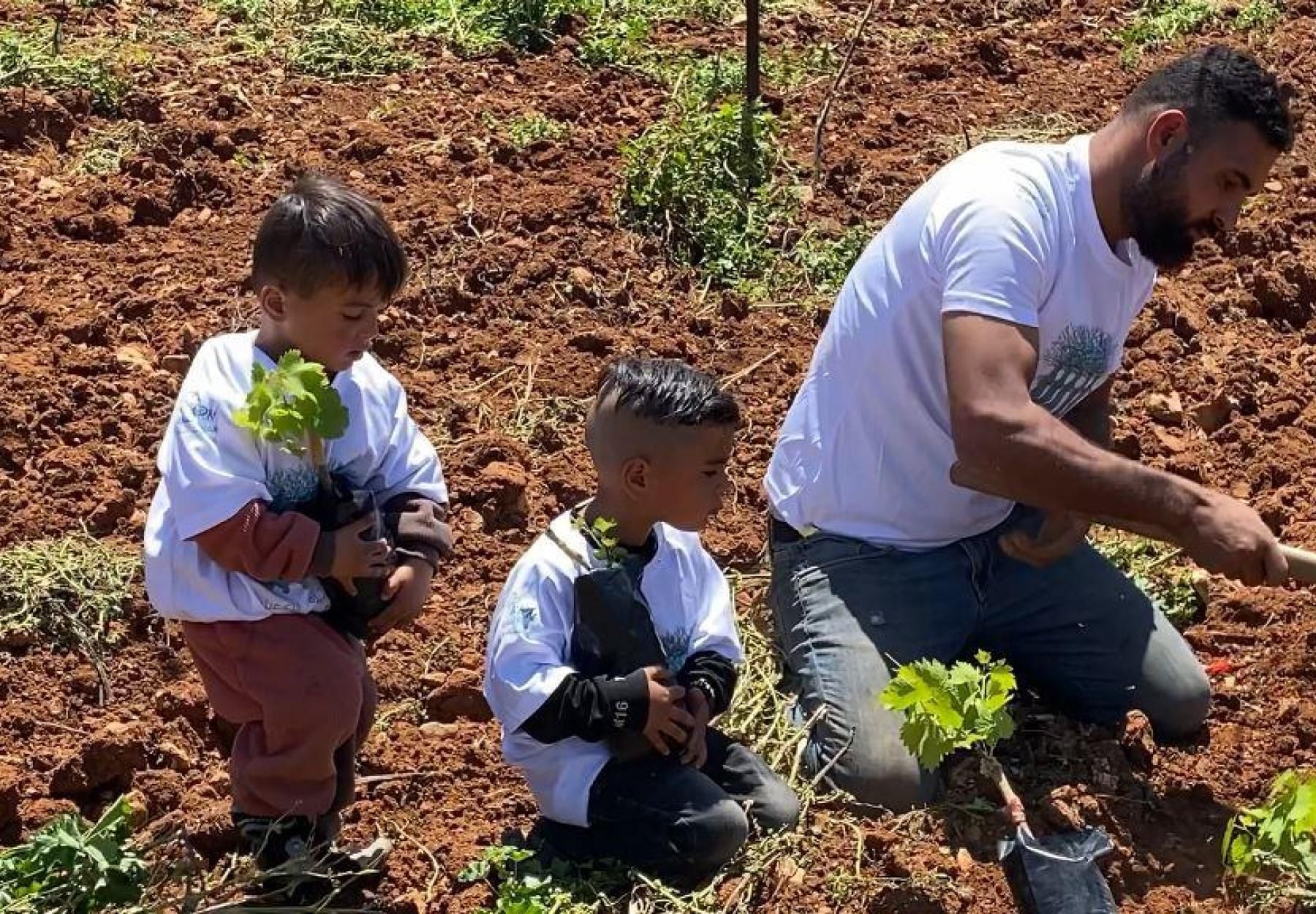
APN | Al-Baqa'a – Hebron
The presence of neighboring illegal settlements is troubling, but what if the situation is even more concerning, as it is adjacent to 'Kiryat Arba', which stands out as one of the most aggressive settlements on the outskirts of Hebron? This settlement is known as a stronghold for some of the most extremist Zionist groups, such as 'Kach.' The settlers in this area have maintained a presence since 1968 and are considered the ones who established the 'Gush Emunim' settlement movement. This movement is known for employing ambush tactics and advocating for rapid settlement expansion in new territories, all driven by their belief that expelling Palestinians is a fundamental component of their extremist religious doctrine.
But what if we take a closer look at the 'forgotten' villages there, specifically in the village of Al-Baqa'a to the east of Hebron? The impact of Zionist encroachment on Palestinian lands for the villagers is clear. They are blocked from the south by the Kiryat Arba settlement, where extremists continuously commit racist attacks against the village's residents, causing harm to both people and trees. Additionally, the Kharsina settlement blocks the western side, forming a barrier of settlements that divides the Hebron governorate and isolates its villages from the city. Highway 60 passes through the northern part of the village. The Apartheid Wall surrounds it from the north and west, extending for 41 km and annexing 600 dunums, with another 100 dunums isolated behind it, Moreover, 2,000 trees were uprooted in the village where nearly 65% of its population relies on agriculture.
Despite the village's isolation, a new initiative brings Arab solidarity to Al-Baqa'a. APN stood alongside the locals and, through the Million Tree Campaign in Palestine, planted 2,000 fruit trees near the Kiryat Arba settlement, just 100 meters away from the Apartheid Wall, with generous support from Ideal Solutions Company.
In a scene marked by unwavering resilience, farmer Omar's two children approach him, handing him seedlings to be planted in the soil of their village. “This land holds a cherished place in our hearts, much like that of a parent. We cultivate the land to prevent it from being seized by the occupation”, were Omar’s words as he accepted his young children's offering of green hope.
